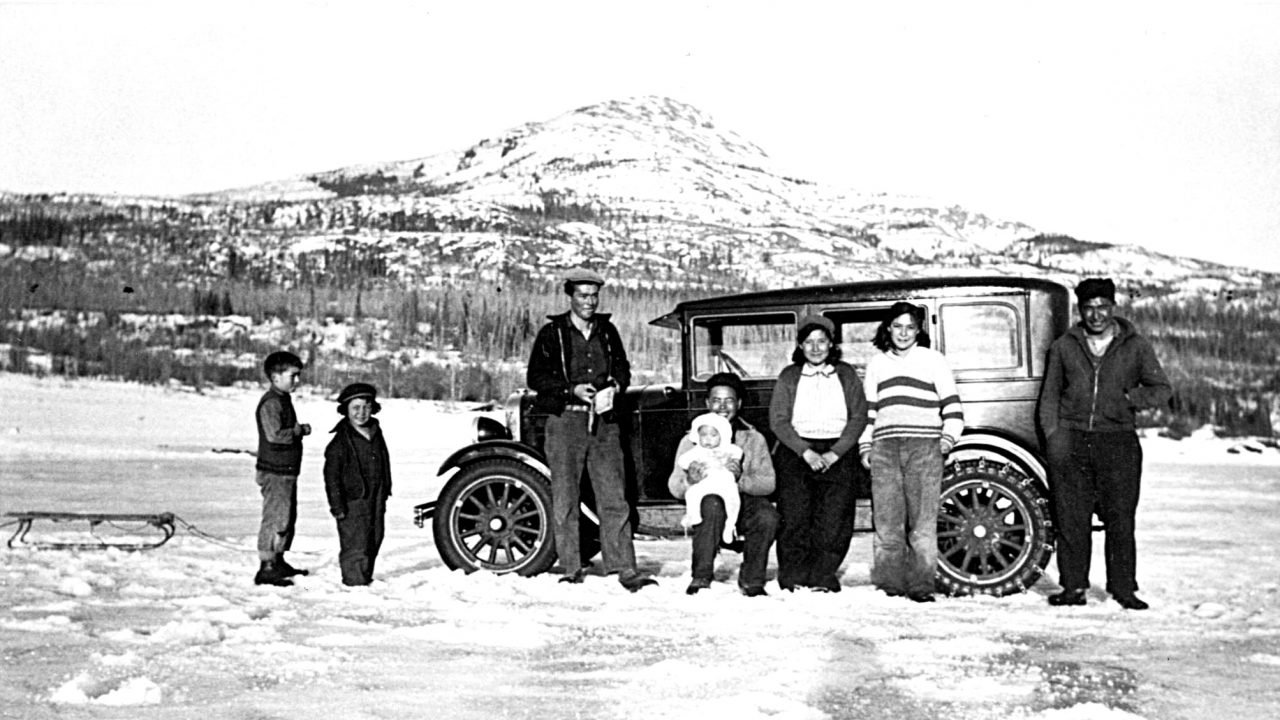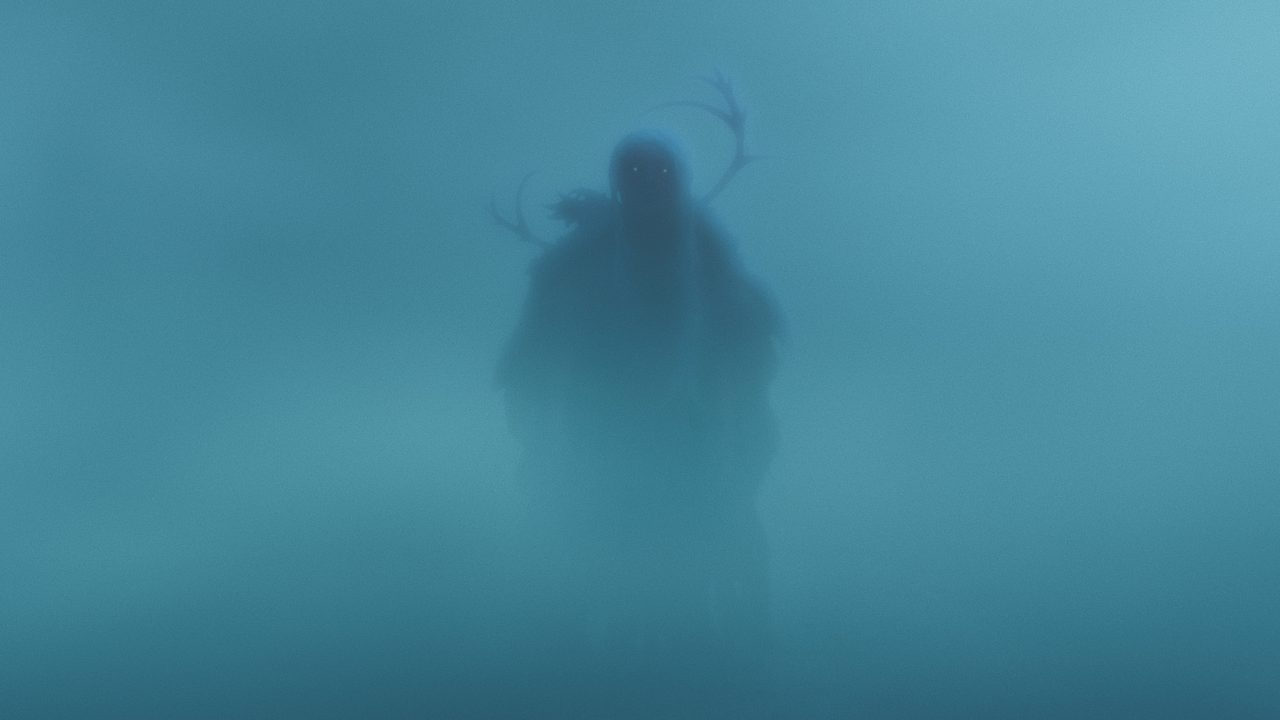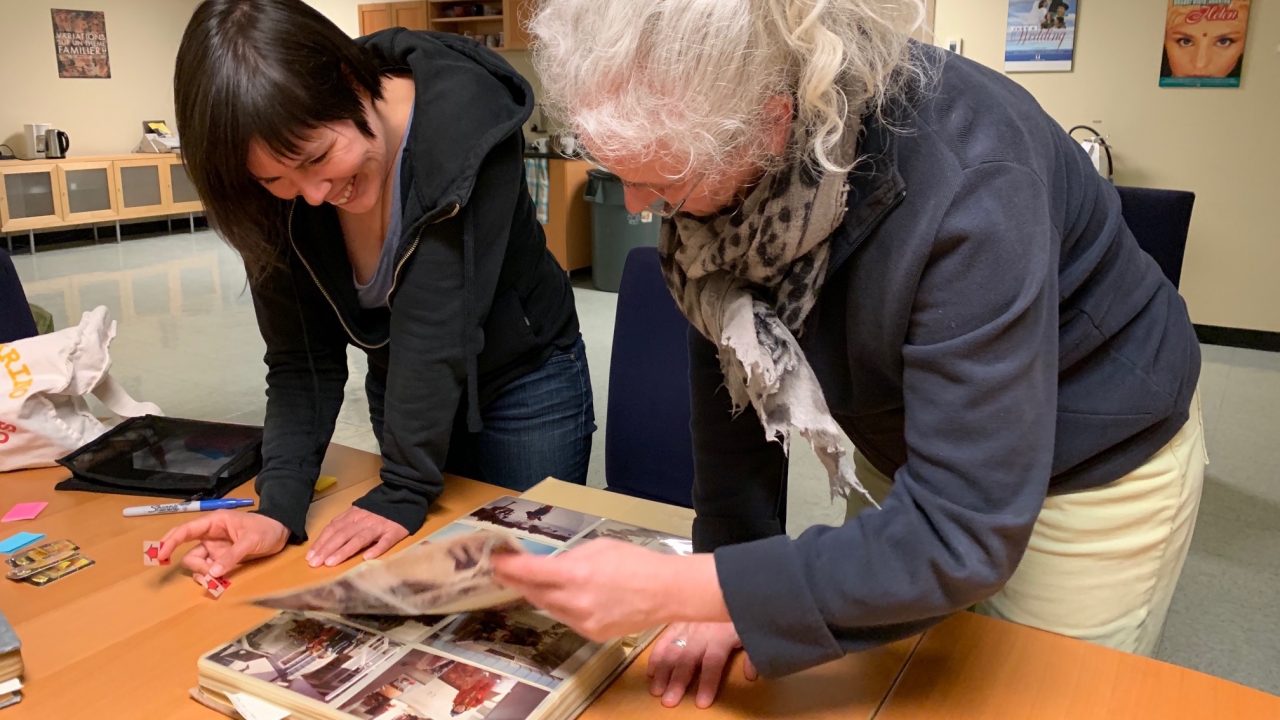
Got shots? Seeking Images of Mary Two-Axe Earley
Got shots? Seeking Images of Mary Two-Axe Earley
The term ‘archival material’ covers a dizzying spectrum of possibilities, everything from radio interviews to family snapshots, and it can provide the lifeblood to a historical documentary. Just ask Courtney Montour.
Back in 2016 Montour was presented with an extraordinary personal archive that would kick-start her current project, an investigation into the life and legacy of the late Mary Two-Axe Earley, a central figure in the history of modern Indigenous advocacy in Canada.
At the time Montour and her producer Roxann Whitebean were making a short film in their home community of Kahnawake, a project called Flat Rocks, produced through NSI IndigiDocs, about local resistance during the 1950s to the construction of the St. Lawrence Seaway.
Their mentor on the project was none other than veteran documentary filmmaker Alanis Obomsawin. “We were meeting in her office one day when Alanis mentioned that she’d known Mary Two-Axe Earley, that they’d been friends,” says Montour. As it turned out, Obomsawin had taped several lengthy conversations with Two-Axe Earley, recorded during the summer of 1984 in the kitchen of Earley’s Kahnawake home. Was Courtney interested?
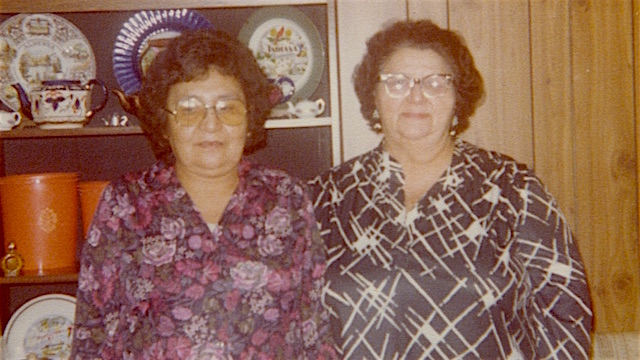
Two-Axe Earley looms large in the history of 20th century Indigenous activism. Born and raised in Kahnawake, she was among thousands of women who lost Indigenous status under a discriminatory provision of the Indian Act that removed land and treaty rights from any Indigenous woman who married a non-Status man. She spent much of her adult life fighting against this injustice and as a founding member of Indian Rights for Indian Women (IRIW), she was instrumental in the adoption of Bill C-31 in 1985, an amendment to the Indian Act that restored basic rights to thousands of Indigenous women and children across Canada.
“I grew up hearing about Mary Two-Axe Earley, her courage, her sense of humour, and how she’d fought so hard to get laws changed,” says Montour, “So when Alanis offered me her tapes, asking me if I wanted to use them somehow, it was an automatic yes.”
“A lesson in the nature of collective memory”
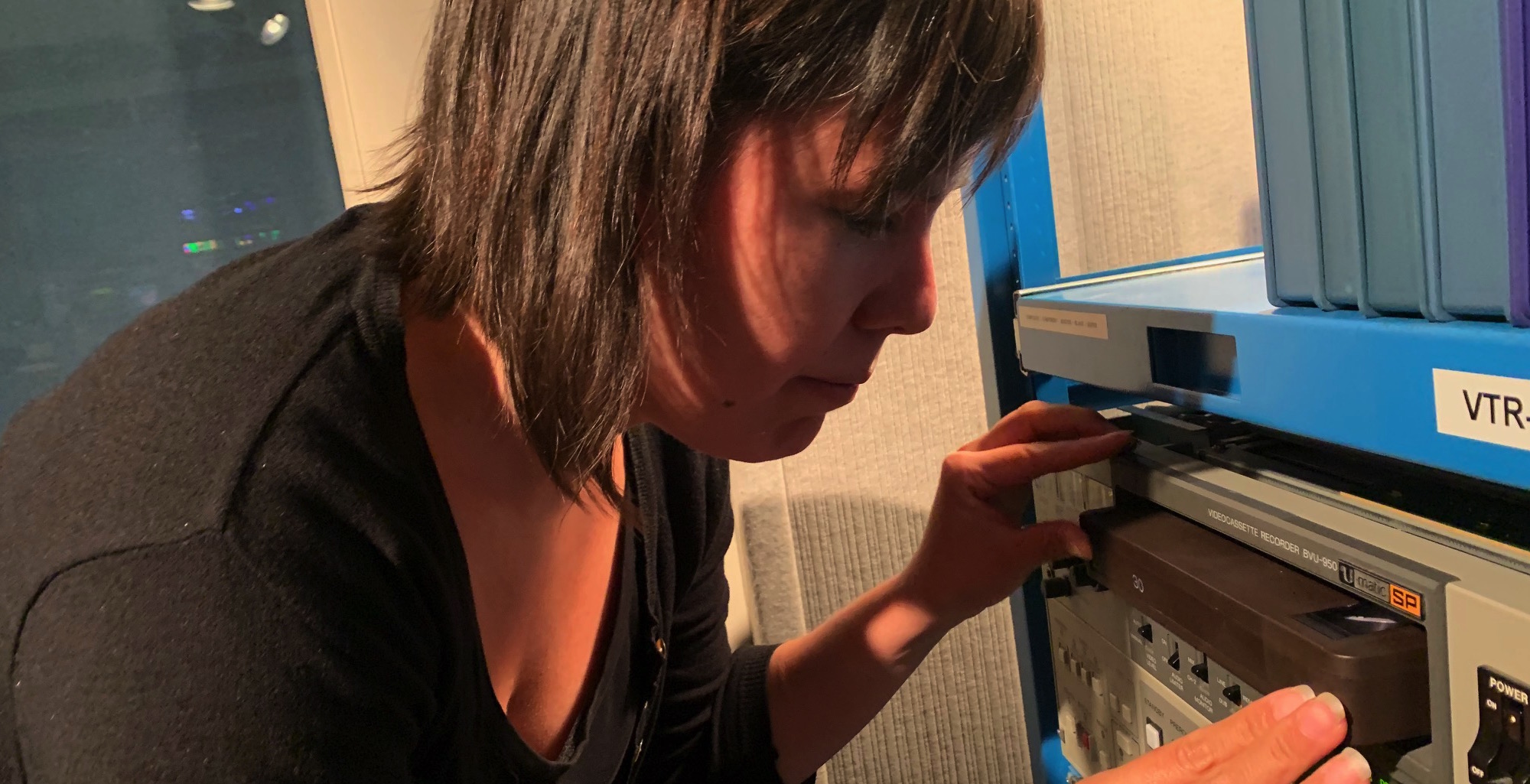
Obomsawin’s audio recordings may have got things rolling but tracking down other archival material initially proved challenging. Most of the obvious archival sources contained little visual material relating to Two-Axe Earley and her achievements, and in April 2018 Montour issued this call to action, inviting members of the public to contact her if they had material or stories about her subject.
The request has brought in a wealth of material from personal collections and community archives, and a host of useful tips from people who appreciated the importance of Montour’s project. Among those who answered the call were former members of the National Action Committee on the Status of Women (NAC), a group that worked closely with Two-Axe Earley during the 1970s. They directed Montour to the NAC archives, now housed in the special collections department at the University of Ottawa.
The search bore fruit, unearthing images of Mary attending NAC gatherings, but material was not always easy to access. The collection included a number of U-matic ¾ inch video cassettes, a format that can only be viewed on a U-matic machine. “This project has been a lesson in the nature of collective memory, and how easily it can slip into obscurity,” says Kat Baulu, who’s producing the film in the Quebec-Atlantic Studio. ““Nobody at the University of Ottawa had ever seen those tapes, and we had to bring in an U-matic player, an unwieldy dinosaur of a machine, before we could view the material.”
Seeking material on the Corbière Lavell case
Now poised to start production, Montour is issuing a renewed call for archival material, with a specific request for any visual material connected to the high profile case/hearing of Jeannette Corbière Lavell, which took place at the Supreme Court of Canada in February, 1973.
Corbière Lavell, an Anishinaabe activist and educator who was named to the Order of Canada in 2017, lost her Indigenous status when she “married out” in 1970. That same year, she filed a legal suit against the federal government, challenging the gender discrimination that had been written into the Indian Act. The case went all the way to the Supreme Court, where a controversial 1973 decision ruled against her, maintaining the status quo.
“The Supreme Court building was full to overflowing on the day the ruling came down,” says Montour. “A number of the IRIW members were on the scene, including Mary Two-Axe Earley, Nellie Carlson and Jenny Margetts. We have great audio of Mary talking about the case, but very few visuals.”
Montour’s editor on the project is Annie Jean whose many credits include archival-based films like Baghdad Twist, Three Thousand and the soon-to-released The Forbidden Reel. “As soon as we heard that audio, Mary describing the atmosphere in that packed court building, Annie said, we have to find way to include this story,” says Montour. “I’d already been leaning the same way, but Annie validated my own feelings. Archival material about her is scarce, so every find is meaningful. I want to be as thorough as possible,”
Anyone with photographs, moving images, or personal stories relating to Mary Two-Axe Earley or the Corbière Lavell case, can contact Courtney Montour at c.montour@nfb.ca or by phone at 1-800-267-7710.
“Like Alanis, Courtney is a great listener”
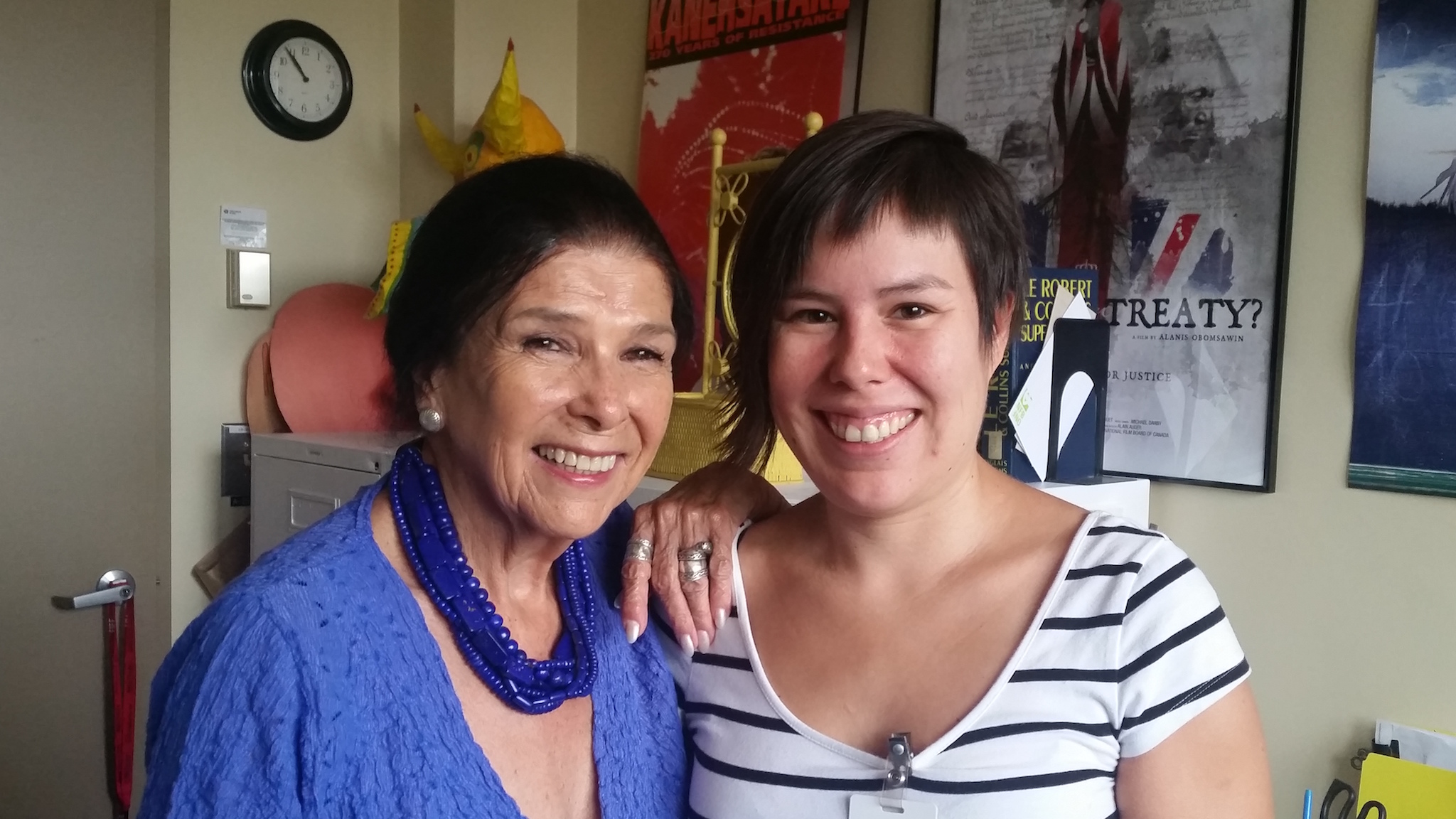
“Like Alanis, Courtney is a great listener,” says Baulu. “Her body of work is about deepening understanding of Indigenous identity. Courtney has a clear vision and perspective. When Alanis offered Courtney those tapes, I think it was a gesture of confidence – confidence not just in her craft, but also in her integrity as a filmmaker. This is an important story and Courtney is the perfect filmmaker to tell it.”
Montour’s credits include Sex Spirit Strength, a compassionate feature-length essay on gender identity and sexual health among Indigenous men that won top honours at the 2016 Yorkton Film Festival, and episodes of Mohawk Ironworkers and Working It Out. Flat Rocks, the film she directed under Obomsawin’s mentorship, premiered at the 2017 edition of imagineNATIVE.
Mary Two-Axe Earley is being produced by Kat Baulu at the NFB’s Quebec-Atlantic Studio.
Featured image: Courtney Montour with editor Annie Jean.
